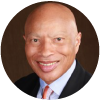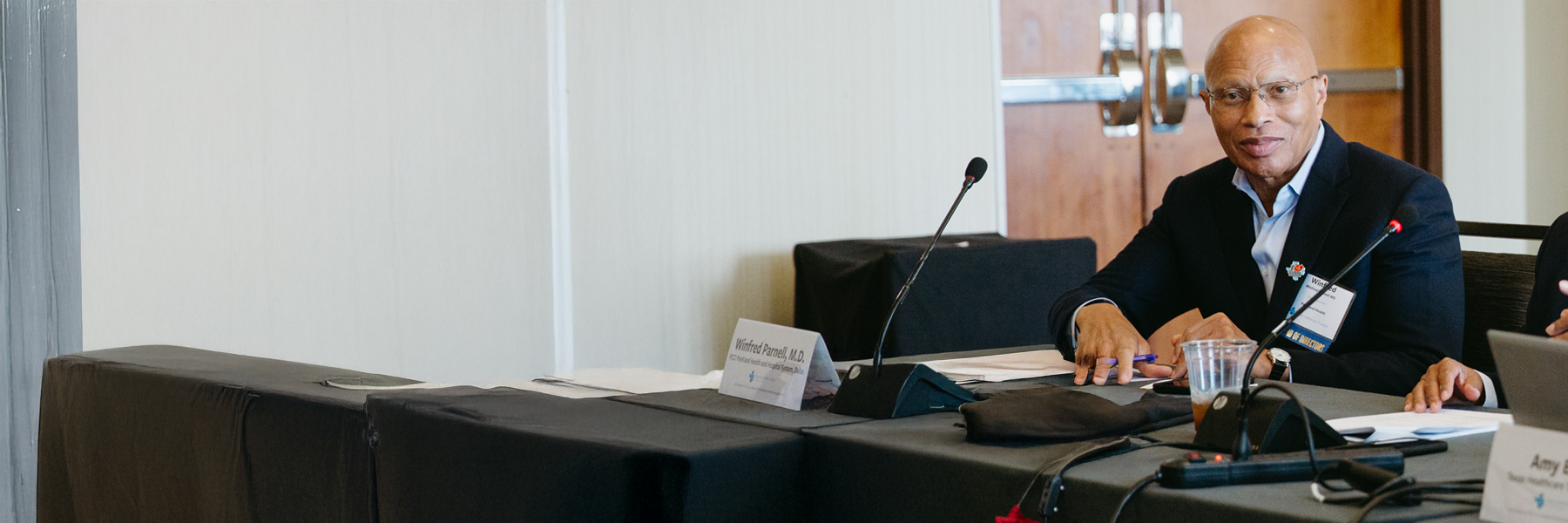How did you get involved on your hospital board? How long have you been on the board?

I am presently on the board of Parkland Center for Clinical innovation (PCCI) which is an affiliate of Parkland health and Hospital systems. I previously served as chairman of the board of Parkland Health and Hospital systems for 3 years and was on the board for 7 years. I have served on the PCCI board for 5 years. My initial involvement with hospital boards started in 1996 when I served on the board of Medical City Hospital (HCA). My experience at Medical City Hospital as a board member led me to an appointment to the board of Parkland health and Hospital systems.
How did you get involved with THT?
I was asked to join the THT board by one of the previous THT board Chairs and a previous THT CEO. This has been one of the most rewarding board experiences that I have had based on its mission and the special people who I work with to promote the mission of THT.
What are you looking forward to in your upcoming year as board chair?
I am looking forward to working with management and the board to broaden our geographic and system membership. Presently 60 to 70% of our membership is smaller hospitals board members in certain geographical areas. I would like to see us increase our membership in general but more specifically in East Texas. I would also like to see THT increase their membership with the large hospital systems by developing programs specifically designed for the systems board members. I am looking forward to having dialogue with management and the board as we engage hospital system leaders to develop programs tailor to their boards needs.
What are the biggest challenges trustees will face over the next few years?
In my opinion the biggest challenges facing trustees in the next few years is going to be related to technological changes which are going to change the way we deliver healthcare. There will be numerous use cases for artificial intelligence in healthcare from staff in your hospitals to assisting clinicians with delivery of care. Data may become the new currency of healthcare. In addition to understanding artificial intelligence, trustees must understand the non-clinical drivers of healthcare which can vary with each community.
What has been the most rewarding thing about your board service?
The most rewarding thing about my board service has been getting an opportunity to work with such a dedicated and compassionate group of individuals who are committed to making a difference in their communities.
What is the most valuable lesson you’ve learned as a board member?
Significant change comes slowly therefore be patience but persistent.
What advice would you give to a new hospital board member?
My advice to a new hospital board member would be that you have an enormous responsibility to your community. Please take that responsibility seriously and do everything you can to stay informed about your duties as a board member.
